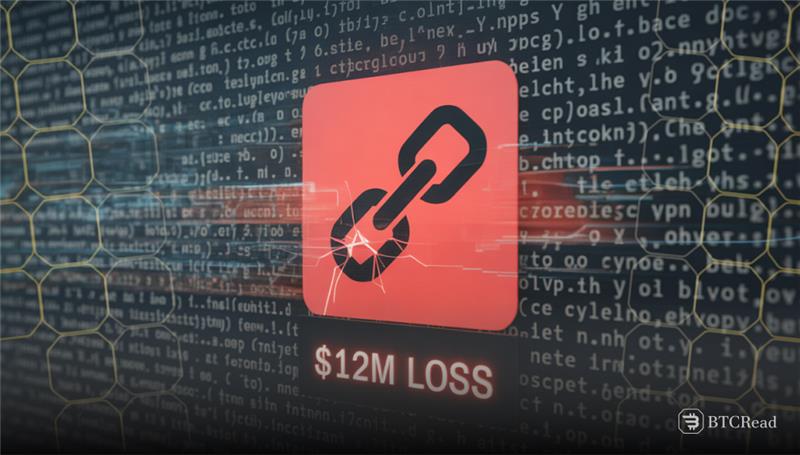Cork Protocol, still new in the world of DeFi, was hacked, and about $12 million worth of crypto assets were stolen. The attacker used smart contract weaknesses on the platform to drain wstETH funds. As a result, Cork temporarily halted its work and started a detailed investigation. Demonstrating that security issues are still challenging the DeFi area.
Hackers’ Oracle exploit.
On May 28, security teams spotted abnormal patterns in Cork’s systems. Analysts rapidly verified that hackers used issues with the protocol’s smart contracts to steal the money. They handled their assets rapidly through many blockchains, making it hard to monitor them.
Investigators suggest the attackers exploited the real-time price data on Cork’s Oracle. By providing fake information to the system, hackers triggered a flash loan exploit. They obtained vast amounts of loans using very little collateral and took money from liquidity pools. Currently, the Cork team is working to see if this attack opened up any other vulnerabilities.
Cork responds swiftly to contain damage.
After confirming that the exploit had happened, Cork put a hold on all smart contract actions to avoid further harm. The team enlisted blockchain analysts to track the funds and figure out who took them. Law enforcement has now started an official investigation. Cork has updated its users frequently via its official communication channels.
Breach raises broader DeFi concerns.
The incident demonstrates that security weaknesses continue in DeFi. New rules and modern strategies have not stopped attackers from using openings in protocols. While cork’s issues do damage to its users, they also harm trust within the industry as a whole. This situation makes it more difficult for DeFi to introduce safe and trusted financial alternatives to those from the traditional finance industry.
Following the breach, Cork aims to perform extensive security audits and strengthen its infrastructure. The team is also seeking to partner with other DeFi projects to share insights and improve collective defenses. However, the $12 million loss may be a big disappointment; it may also prompt the community to work harder on reliable security.







